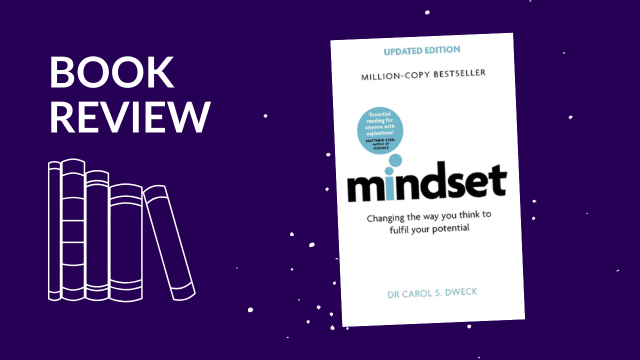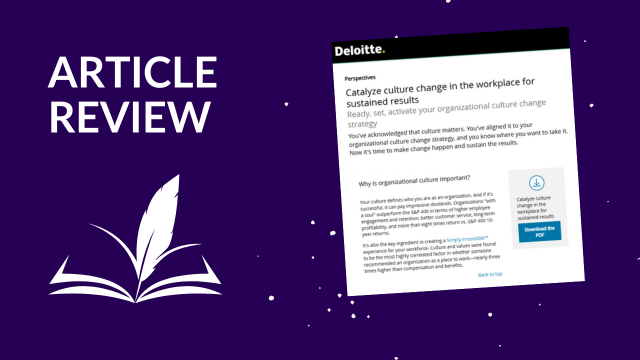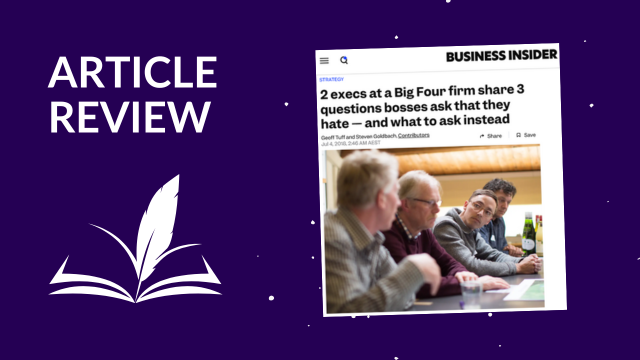When was the last time your change plan addressed the fallout of a reorganization? What about the drop in quality and productivity that we all know accompanies major change? Gwen Moran (Fast Company, 7 Steps to Survive Your company’s Re-Org) cites research that “74% of employees who kept their job after a corporate layoff said their productivity declined.”
Yet rarely do change plans address this directly. We say that as people adapt to the change, as it becomes the new normal, quality and productivity will pick back up. We think that if the training is better, that if our leaders are more effective sponsors, if the case for change is strong enough, we will minimize the downturn’s depth and duration. Each of these can play an important role, but they are not enough to address the survivor’s guilt that accompanies reorganizations and layoffs.
Moran identifies 7 steps that employees can take to move through the guilt to the other side. As change practitioners, we can build change plans that help to make that possible.
- Recognize the fallout; the feelings and emotions are real.
- Rebuild confidence.
- Find opportunities.
- Do a gap assessment.
- Manage up and down.
- Don’t lose contacts.
- Try to embrace the change.
By finding ways to work with employees as they move through these steps, we will not only be helping them. We will be strengthening the likelihood of change success.







